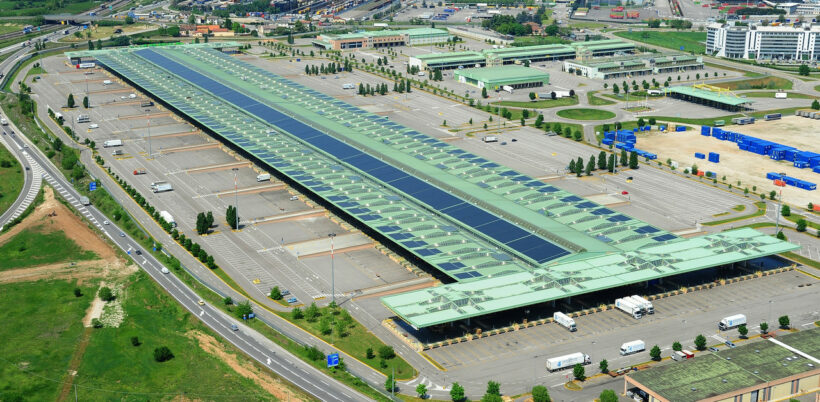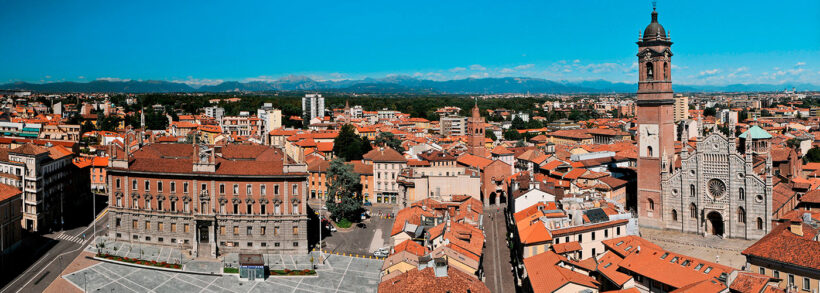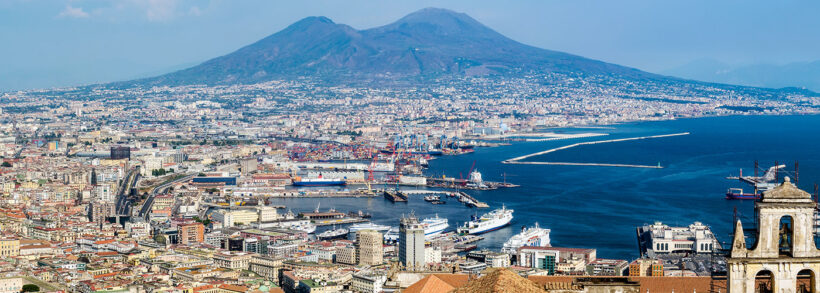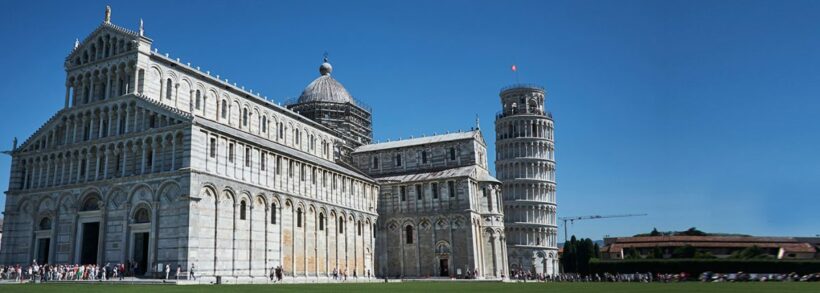
- Home
- Best Practices
Best Practices
 Tempo di lettura:
Tempo di lettura:


Business support, Bologna focuses on data analysis
Approach The Municipality of Bologna has invested in innovative technologies to enable rapid evaluations of economic developments and the impact generated by specific events, first and foremost the Covid-19 pandemic, in order to provide an adequate response for local businesses as quickly as possible. Solution The project consists of an interactive platform which makes data from InfoCamere, the Regional Labour Agency and the Municipal Administration available online, allowing them to be analysed for better management of the services offered to the businesses and professionals operating locally. The system paves the way for a full electronic file dedicated to every local business to be prepared in the future.
Florence: city of art and smart mobility
Approach The Municipality of Florence, through the subsidiary Servizi alla Strada SpA, needed to simplify and improve the management of mobility within the city. In particular, it needed to address the technological fragmentation of services and systems; to integrate the financial flows resulting from this sector; to digitize the mobility processes related to the management of permits for loading/unloading goods and for individuals, residents, disabled people, and tourist buses, as well as to manage commercial channels, such as the citizen services counter, the website, and mobile apps connected to the city’s mobility services. Solution Florence has revolutionized all aspects of city mobility management and control, parking, and related permits, centralizing […]

An innovative and efficient logistics system for Veronamercato
Approach In the agri-food sector, the speed and functionality of the supply chain (i.e. breaking down trade barriers, costs, and transport times) are crucial. Veronamercato S.p.A. is among the European agri-food hubs most involved in international trade, with 96 operators and traffic (in 2016) of more than 180,000 tons of vegetables, fruit, and citrus fruits, as well as significant figures in the fish sector as well. The strategic position on the international market and the increasing flows of goods and people make logistic innovation a permanent necessity. The management of Veronamercato risked being compromised by the fragmentation of information and the difficulty in implementing intervention and improvement strategies. Solution Collaboration […]

Monza: no more disability parking abuse
Approach The Municipality of Monza needed to combat the issue of counterfeiting and the unauthorized use of parking and mobility permits reserved for disabled people. Card verification performed by road control personnel took a long time without being totally effective. Workflows related to the management of permits and control activities were all distinct and required redundant data entry activities while not allowing for an aggregate overview of the whole workflow. In addition to road control, Monza hypothesized that it could also automate the control of LTZ access and the preferential traffic lanes used by disabled people. Solution The Municipality of Monza has replaced the old disabled cards with the new […]

Naples: a new urban mobility
Approach Naples is the number one city in Italy by population density, with an area including 92 municipalities over 1,171 km², over 200,000 registered businesses, and tens of thousands of cars that pass through it every day. This rather complex situation often results in inefficiencies and inconvenience to citizens. Faced with the need to regulate this flow of vehicles and to coordinate a growing number of technologies/services from different suppliers, ANM – Azienda Napoletana Mobilità S.p.A. has decided to focus on an integrated system of efficient, flexible, and quick-to-use mobility management: INES Cloud, the platform that allows for the integration of hardware and software technologies in order to facilitate the […]

Pisa: state-of-the-art smart mobility
Approach Pisa is one of the most visited and artistic cities in the world and it represents the main airport hub in Tuscany, as well as boasting a university center known for its scientific and technological excellence. The city was completely congested, with an average monthly influx of 300,000 tourists. In particular, such traffic not only affected the historic center but all access routes. To maintain an acceptable level of traffic in the most frequented areas of the city center and main connecting roadways, an LTZ which could be configured based on different time slots and user types (tourists, residents, personnel, workers in charge of loading and unloading goods, etc.) […]

Verona: rule book urban mobility
Approach The Municipality of Verona needed to verify compliance with the rules governing the access and stay of vehicles dedicated to loading/unloading goods in LTZs. The city also needed to definitively solve the issue of counterfeiting disabled cards and to improve the effectiveness of roadside checks. The urban center was already equipped with LTZ infrastructure consisting of 8 electronic gates to recognize license plates. However, the cameras positioned only in the LTZ access areas were not enabled to collect information about the exact time of entry and exit from the area, and consequently, the actual duration of the stay in the LTZ. Once vehicles entered, including with regular permits, they […]

